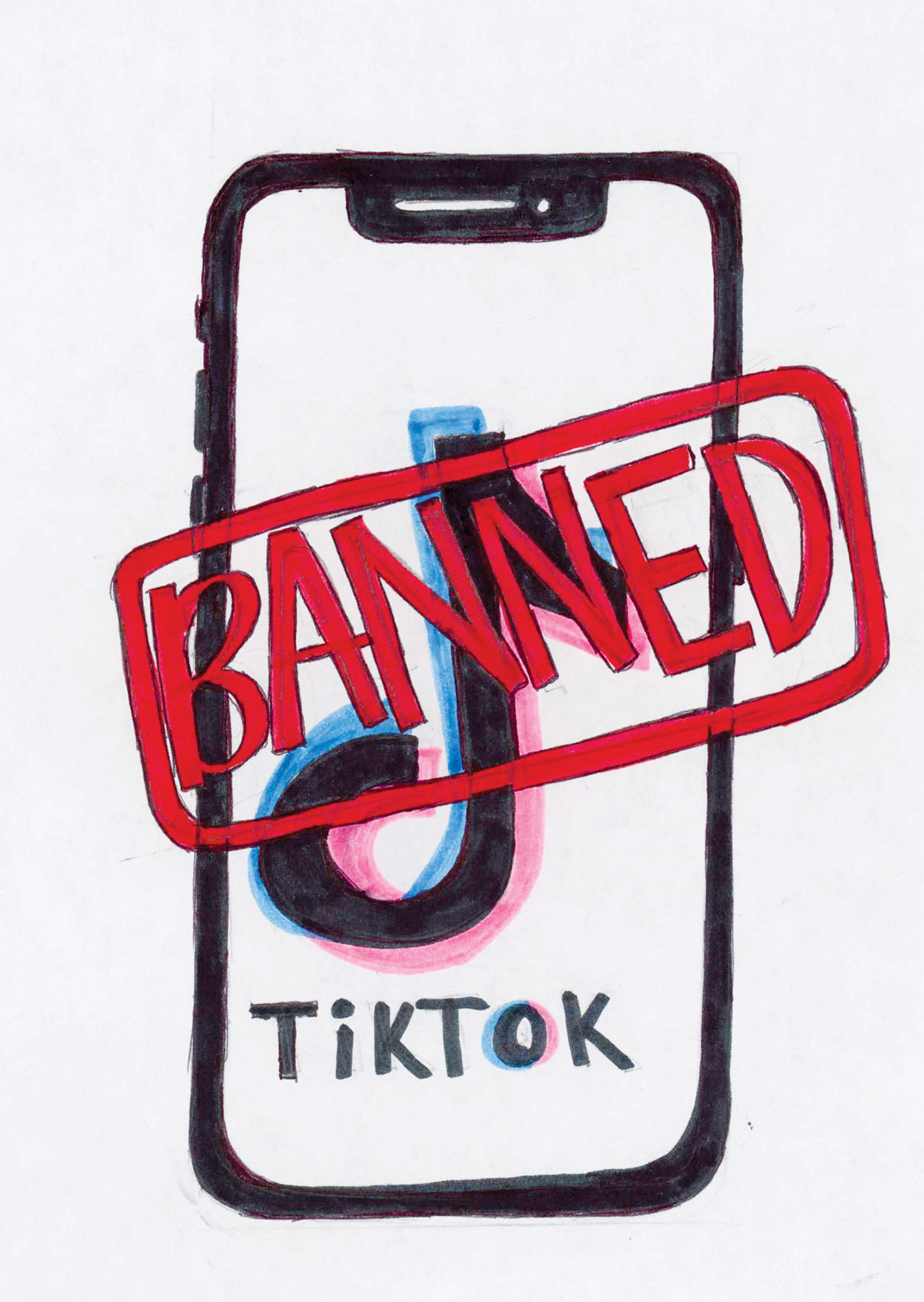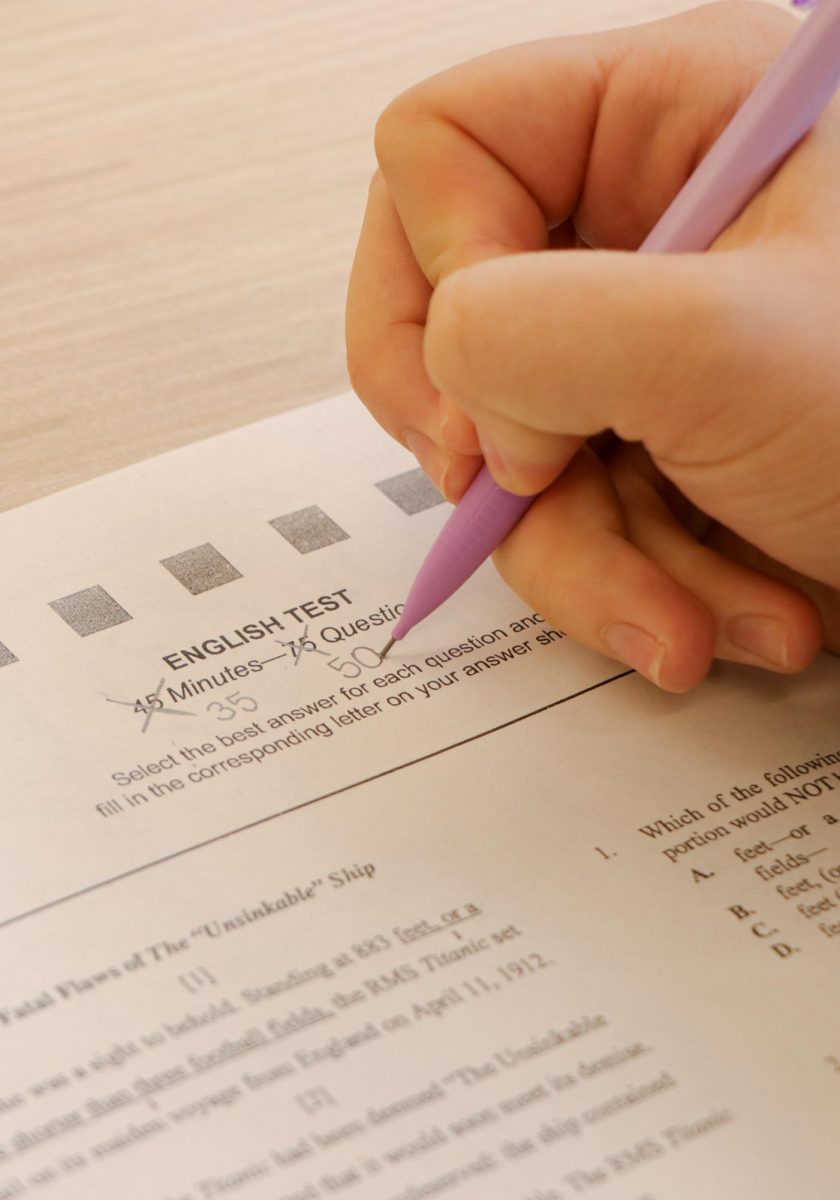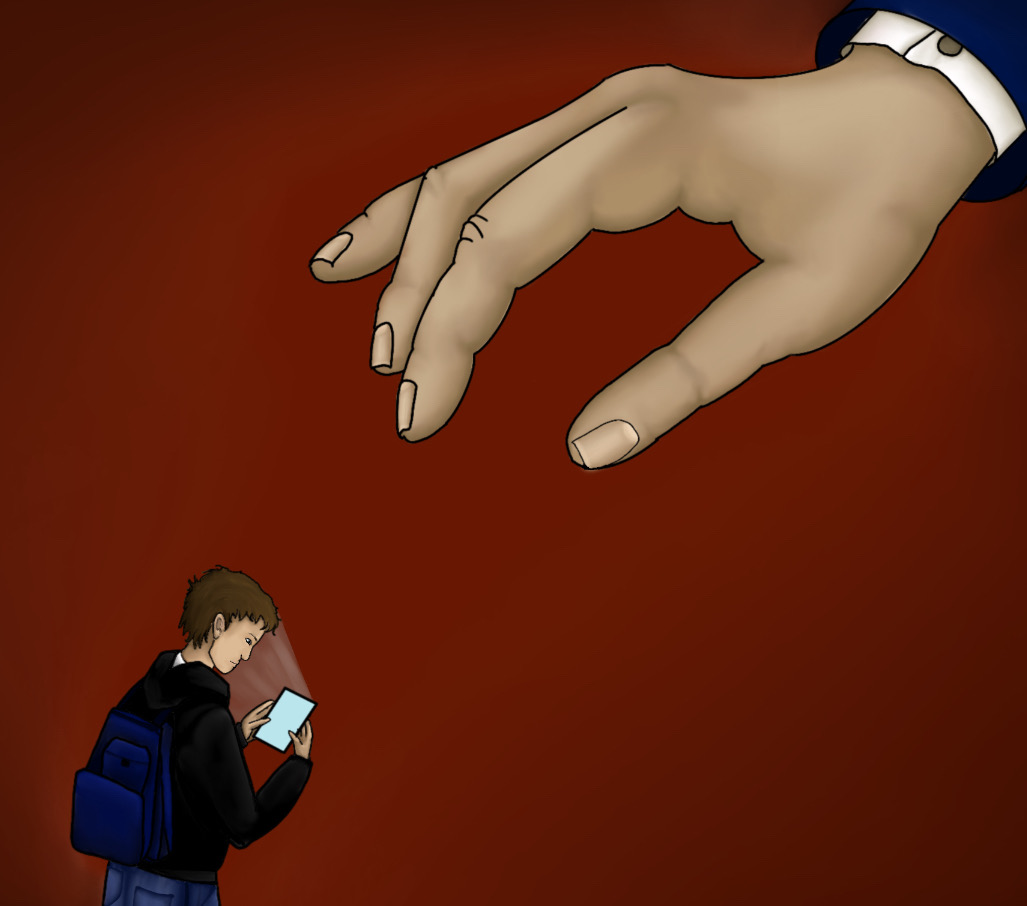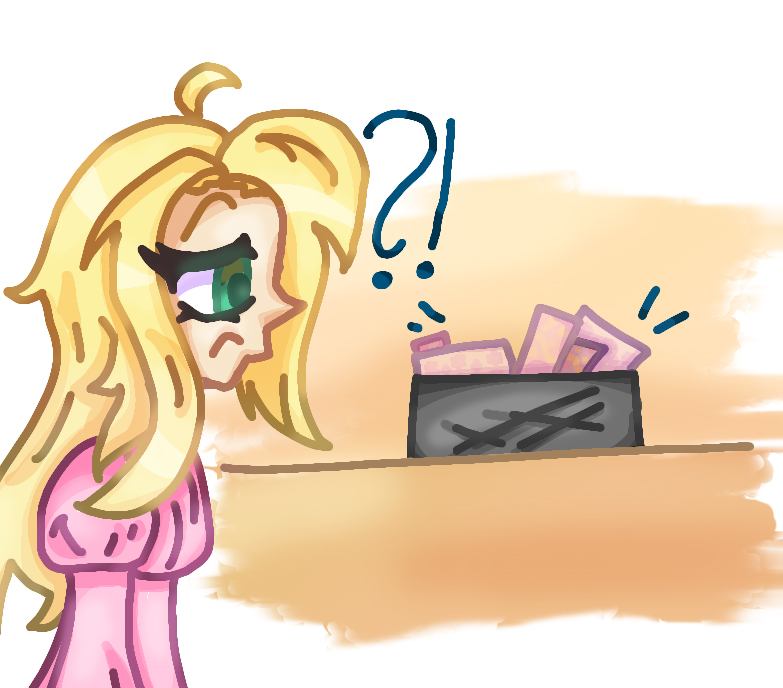In this day and age, you’d be hard pressed to find someone who’s never heard of TikTok. Extraordinarily popular, and with its focus on shareable, accessible, and high-impact short-form content, TikTok has undeniably and irrevocably transformed the ways in which teens communicate and express themselves, and given voice to countless thousands of content creators and average people across the globe. After long debate over the platform’s place in American society and popular culture, and in spite of the app’s rampant popularity, the United States government is gearing up to ban TikTok in its entirety from all devices across the country – an act that has drawn mixed measures of praise and criticism across the political spectrum.
Signed into law on April 24, the Protecting Americans from Foreign Adversary Control Applications Act forces Beijing-based ByteDance, the parent company that owns the app, to divest from TikTok (as in, sell their shares of ownership to an American company) within 270 days or face restrictions. This deadline may be extended by an additional 90 days at the president’s discretion.
If the deadline is met and ByteDance has not divested from TikTok, the federal government would move to prohibit digital app stores from carrying the TikTok, preventing new downloads and updates, effectively banning the platform in the United States. The conditions under which the app may continue operating within the U.S. after a divestiture from China are also largely at the president’s discretion.
The main driving force behind the ban is the potential national security threat that TikTok poses, with lawmakers alleging that ByteDance has heavy ties with China – ties that would allow the Chinese government to access American user data, manipulate opinions with algorithmic tampering, and spy on users through the app. The law’s provisions could broadly be applied to other foreign-owned social media platforms, but its text specifically singles out ByteDance and TikTok as gross offenders with their alleged ties to the Chinese Communist Party.
Among students and staff, reactions to the ban are mixed.
“I was pretty surprised,” said government and politics teacher Nicholas Kintzle, “because it’s such a dramatic step to ban this, you know, major entertainment product that millions of Americans use, or are at least aware of. To just go and totally turn it off… I just didn’t think it would happen at all.”
Some – even those with little to no love for the platform – contest that the ban was an attempt by lawmakers to curb expression among the increasingly vocal youth. “Would I care if it got banned? No, but I don’t think that it should… I don’t think that they want to ban it for ‘safety’ reasons, I think they want to ban it because regular people can voice their opinions and be heard and that scares the government,” freshman Kaycee Canova asserted.
Others weighed the conflict between expression and security. “I have concerns both ways,” junior Kolby Cameron said. “It may be an overstep by the federal government to ban it, but I also understand the concerns of allowing a social media app to be overseen by the Chinese government,” he said.
Further still, many say they support a ban on the app, but not for the national security reasons put forth by Congress. Many say they feel that TikTok and sites like it represent a bad influence on teen popular culture, worsening mental health and stifling productivity.
“I think most teenagers have a strong addiction to it and it’s a problem,” sophomore Robin Hubert contended, commenting on the youth fixation with the app. In support of the ban, junior Garett Johnson held that “Tiktok promotes dangerous and stupid ‘challenges’ and ‘trends’ to young people… and I’d rather not go to a funeral this year because of some new ‘trend’ where someone tried some dumb thing.”
Johnson also acknowledged the fact that even if TikTok were to be banned, users could simply migrate to any other American-owned short-form video service: “Anyone who had a big TikTok following can switch over to another platform! That’s what [YouTube] shorts is for.”
Even outside of its aspects of insulating American media from potential Chinese influence, the current push for a national TikTok ban is intimately connected with wider American foreign policy: Though a similar piece of legislation was already making its way through the House of Representatives, the ban that actually passed into law was introduced as an amendment to a much larger foreign policy and national security bill – a bill that, among other things, cracked down on international fentanyl trafficking; imposed sanctions on foreign adversaries Iran and China; and allocated billions of dollars-worth of military aid to global allies, namely Israel and Ukraine. The TikTok ban passed at all stages with stunning bipartisan support mostly due to this tacking-on to a larger bill.
Challenges to the legislation are already in the works, TikTok having recently filed suit against the government. In the suit, TikTok claims that the ban represents an unconstitutional violation of the free speech rights – as protected by the First Amendment – of both the company and its users, and that the claims of a national security threat were unfounded.
With the law only on the books for just under a month now, Kintzle remarked that “the fight’s just really beginning.” Such litigation is liable to drag on for years, and even despite that ever encroaching presidential deadline, the ban could be held up while the suits proceed, potentially leaving the TikTok to turn into an issue for Congresses and elections cycles yet to come. Summarizing the ordeal, Kintzle opined that a true ban of TikTok in the United States is still “a long way from the finish line.”







